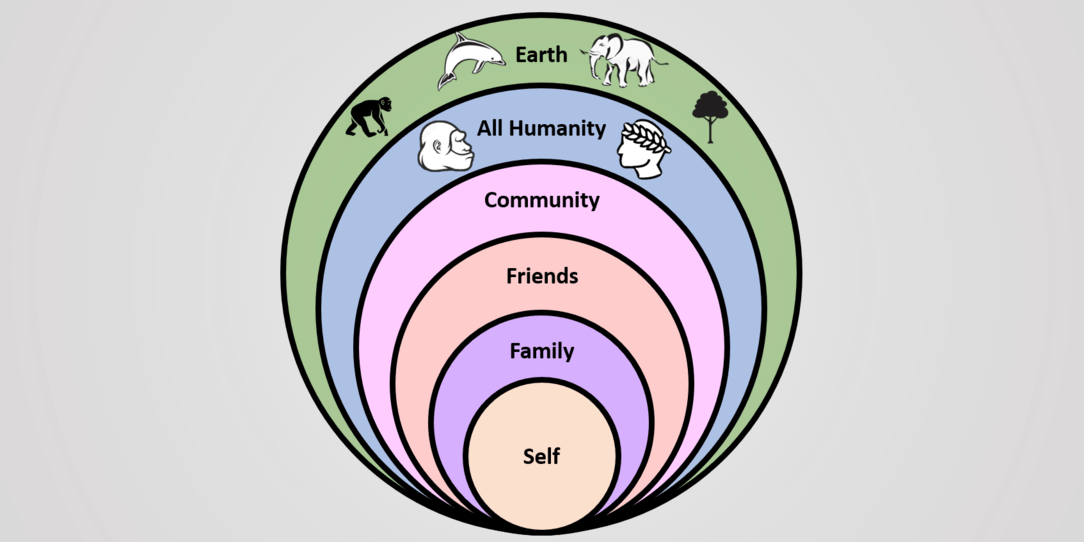
On Vices
We all have vices and there is nothing shameful in that. However, what is shameful is not confronting those vices. It is important to turn a negative mindset into a positive one to achieve both self and communal betterment. Stoicism provides us with the tools to overcome our vices through simple strategies and tactics. As they say, ‘there is beauty in simplicity’. Many may think it is difficult to be intellectual and kind, but it is in fact very simple if you chose to embrace it. Before we dive into how you can overcome your vices and live a life of virtue, we must first ask what is vice and what is virtue, and what are the Stoic views on those two key words?
Achieving Virtue
According to Stoics, virtue is the art of living with courage, justice, self-discipline and wisdom (the four cardinal virtues). Furthermore, these virtues can only be practiced by those who embrace reason and morality. Through understanding the four cardinal virtues, we can learn to let go of our obsession with status, wealth and material possessions. When you practice the four cardinal virtues, you will realize the greatest thing to strive for is inner joy. This Stoic belief is expressed most aptly by Massiomo Pigliucci (Professor of Philosophy at the City University of New York), who argues that Stoic teachings are “the balance of inner detachment and outward empathy and the expression of selfishness through selflessness”. Of course, that is easier said than done.
Examine closely the words of Roman Emperor-philosopher Marcus Aurelius, who wrote:
“A branch cut from its neighboring branch is necessarily cut away from the whole tree. In the same way a human being severed from just one other human has dropped from the whole community. Now the branch is cut off by someone else, but a man separates himself from his neighbor by his own hatred or rejection, not realizing that he has thereby severed himself from the wider society of fellow citizens. Only there is this gift we have from Zeus who brought together the human community: we can grow back again to our neighbor and resume our place in the complement of the whole”.
Marcus Aurelius, Meditations 11.8
The meaning behind this quote cannot be understated given the world we live in today, especially since mass globalization, individualism and materialism (capitalism) have become the dominant forces across human civilization. These changes have created generations of selfish and self-indulgent people who care more about gaining material benefits than achieving spiritual and intellectual growth. Thousands of years before this became reality, Marcus Aurelius realized the dangers of excessive individualism and self-entitlement. He attempted to show his fellow Romans the importance of their community and of being part of it. His recordings on such matters are as relevant today as they were during Roman times.
Embracing The Cardinal Virtues and Rejecting Our Vices
According to Stoics, our vices can be controlled and even eliminated if we adhere to the four cardinal virtues. This process starts by recognizing communal understanding and acceptance. In order to achieve a just and proper society, culture and reason must thrive in individuals, while the Stoic vices of injustice, cowardice, ignorance and greed must be defeated. If our vices overpower our virtues, then truth will become distorted. People will no longer pay attention to what is being said, but only to who is saying it, which unfortunately appears to be happening already.
Unfortunately, in today’s world there are still many injustices, despite great advancements in social justice and education over the last decades. People are more informed today than ever before, but a decline in reading and intelligent enquiry is making society less knowledgeable and more willing to blindly accept what we are told. Anger, dogmatism, close-mindedness and hatred towards people with different views has created an “us” versus “them” mentality.
The Dichotomous Concept of Justice
One of the greatest human vices can be seen in the selective nature of how we fight injustice. Often, humans only fight for certain people who are suffering injustice, while they ignore the injustice that other people suffer. For example, when a white man kills a black man, the Western world erupts in anger. However, when a developing country is bombarded, maiming or killing hundreds of men, women and children, the mass media often stays silent. The same humans who give tacit support to black people in one instance also turn a blind eye to the same violence against another type of people.
Words and phrasing are very important in fighting injustice. Consider this example: when a Muslim or an Arab kills a dozen people they are labelled a “terrorist”, but when a person of European descent kills a dozen people they are called “mentally deranged”. Similarly, the Mafia are considered gangsters, while Arab or Muslim groups that commit crimes are considered terrorists. Thus, whether one wants to admit it or not, words are and always have been a very powerful tool in fighting or disregarding injustices. Unfortunately, they are often used for the latter.
Words are an expression of the mind; they can be harsh or kind, right or wrong, good or bad. What is important is how you write, not what you write. That being said, censorship of the mind is probably the greatest vice, while freedom of thought is possibly the greatest virtue. A person who does not allow another person to express themselves is fearful of being wrong. Having an open and honest society is the mark of civilization, along with having equal and fair justice for all people, regardless of class, race, creed, ethnicity, nationality and gender. All we have to do is follow in the footsteps of the great Stoics and try to live a life under the four cardinal virtues. If enough of us live this way, perhaps the world will change for the better.










